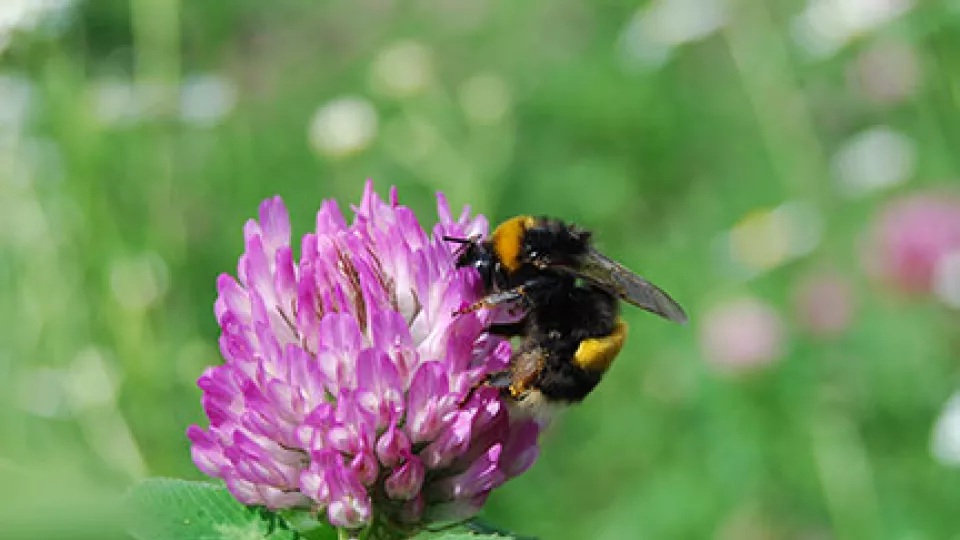"Biodiversity is essential for many functions in the ecosystem, but this study shows that only a few species are economically important for agriculture. Therefore, the concept of ecosystem services is not enough in the work to preserve biodiversity. We must also focus on the conservation of rare species, among several reasons the ethical aspect is important", says Professor Henrik Smith at the Centre for Environmental and Climate, Lund University. .
The article, presented in Nature Communications, combined data from more than ninety studies of wild bees from five different continents. From Sweden, researchers from SLU and Lund University participated in the work.
Maj Rundlöf, researcher at Lund University, describes the study as an important piece of the puzzle to make goal conflicts visible. These conflicts sometimes exists between the conservation of biological diversity and the concept of ecosystem services.
"Although most species of wild bees do not give us direct economic returns seen today, they can be important in a changed future agricultural landscape. Today it’s difficult to understand that the rare great yellow bumble bee was once an important pollinator of agricultural crops. We don’t know which species that will be the most important in the future", says Maj Rundlöf.
Link to article in Nature Communications
Delivery of crop pollination services is an insufficient argument for wild pollinator conservation
Contact
Henrik Smith, Professor, Centre for Environmental and Climate Research and Department of Biology, Lund University henrik [dot] smith [at] biol [dot] lu [dot] se, +46-(0)70-9782056
Maj Rundlöf, researcher, Department of Biology, Lund University, maj [dot] rundlof [at] biol [dot] lu [dot] se, +46-(0)70-9298524


